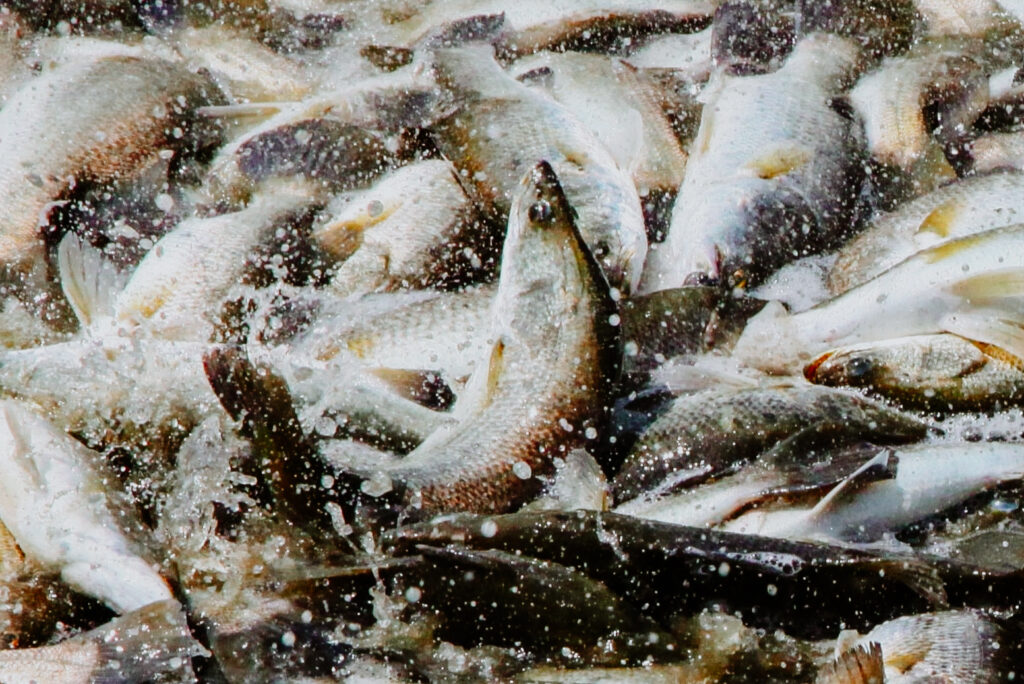Barramundi, also known as Asian sea bass, is a popular seafood choice appreciated for its delicate flavor and firm texture. While both farmed and wild-caught barramundi are available, there are compelling reasons why farmed barramundi may be considered a superior option.
Consistency and Availability:
Farmed barramundi offers consistent availability throughout the year. Raised in controlled environments, farmed barramundi production can meet demand regardless of seasonal fluctuations. On the other hand, wild-caught barramundi availability can be subject to seasonal variations and environmental factors, leading to unpredictable supply.
Quality Control:
Farmed barramundi undergoes rigorous quality control measures throughout its production cycle. From hatcheries to grow-out facilities, every aspect of farming is carefully monitored to ensure optimal growth and product quality. In contrast, wild-caught barramundi may vary in quality depending on factors such as fishing location, season, and handling practices, leading to inconsistencies in taste and texture.
Sustainability:
Responsible barramundi aquaculture practices can contribute to sustainable seafood sourcing. By reducing pressure on wild fish stocks and ecosystems, farmed barramundi helps conserve marine resources. Certifications such as ASC (Aquaculture Stewardship Council) ensure that farmed barramundi is produced in an environmentally and socially responsible manner, promoting long-term sustainability.
Reduced Environmental Impact:
Farmed barramundi production generally has a lower environmental impact compared to wild-caught fishing. Aquaculture operations minimize habitat destruction, bycatch, and fuel consumption associated with fishing vessels. Sustainable farming practices prioritize resource efficiency and minimize waste, further reducing environmental footprint.
Food Safety:
Farmed barramundi is raised in controlled environments, reducing the risk of contamination from environmental pollutants or toxins. Strict hygiene standards and quality control measures ensure that farmed barramundi meets stringent food safety requirements. Consumers can have confidence in the safety and purity of farmed barramundi products.
Economic Benefits:
Barramundi aquaculture supports local economies by creating jobs and generating income for farmers and suppliers. In regions where wild fish stocks are declining, aquaculture provides a reliable alternative, helping to sustain livelihoods and food security. The economic benefits of barramundi farming extend beyond local communities, contributing to global food security and economic growth.
Conclusion:
Farmed barramundi offers numerous advantages over wild-caught, including consistency, quality control, sustainability, reduced environmental impact, food safety, and economic benefits. By choosing farmed barramundi, consumers can enjoy a delicious and responsibly sourced seafood option that supports environmental conservation and community development.




